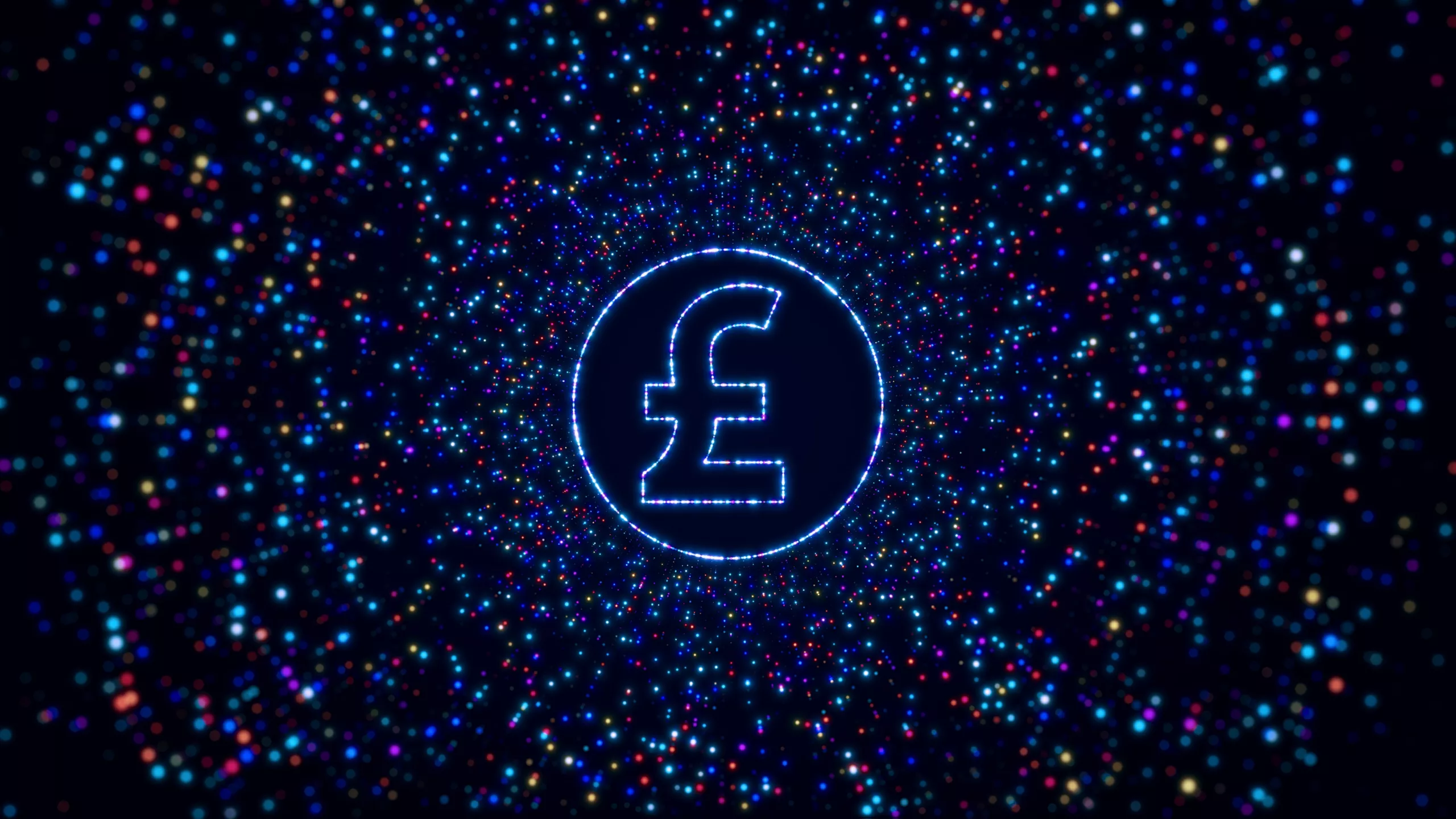The BBC‘s segment on Central Bank Digital Currencies (CBDCs) recently has reignited the debate on the future of money. CBDCs, digital versions of a country’s fiat or traditional currency issued and backed by the central bank, are being explored by nations worldwide. Proponents argue they offer increased financial inclusion, efficiency, and security. However, critics raise concerns about privacy, data protection, and potential government overreach. In this blog post, we’ll delve into the complexities of CBDCs, exploring their potential benefits and drawbacks, with a particular focus on privacy rights, data protection laws, and consumer protection.
What are CBDCs?
CBDCs are digital representations of a country’s national currency, issued directly by the central bank. Unlike cryptocurrencies like Bitcoin, which are decentralised and operate on a blockchain, CBDCs are centralised and controlled by the monetary authority – Bank of England. They aim to provide a digital alternative to physical cash, offering faster, cheaper, and more accessible payment options.
The Potential Benefits of CBDCs
- Financial Inclusion: CBDCs can provide access to financial services for the unbanked and underbanked populations, particularly in developing countries where traditional banking infrastructure is limited.
- Efficiency and Cost Reduction: CBDCs can streamline payment systems, reducing transaction costs and settlement times, especially for cross-border payments.
- Enhanced Security: CBDCs can offer improved security compared to physical cash, reducing the risk of counterfeiting and theft.
- Monetary Policy Implementation: CBDCs can enable central banks to implement monetary policy more effectively, potentially allowing for targeted stimulus measures and negative interest rates.
The Privacy Concerns
One of the most significant concerns surrounding CBDCs is the potential erosion of privacy. With CBDCs, central banks could have unprecedented access to individuals’ transaction data, raising concerns about surveillance and potential misuse of information. The following are some specific privacy concerns:
- Mass Surveillance: CBDCs could enable governments to track every transaction, creating a comprehensive record of individuals’ financial activities. This could lead to mass surveillance and potential misuse of data for political or social control.
- Data Breaches: Centralised databases storing CBDC transaction data could be vulnerable to cyberattacks and data breaches, exposing sensitive financial information.
- Discrimination and Exclusion: Governments could use CBDC transaction data to discriminate against certain individuals or groups, denying them access to financial services or imposing restrictions based on their spending habits.
Data Protection Laws and CBDCs
Data protection laws, such as the General Data Protection Regulation (GDPR) in the European Union, provide individuals with certain rights regarding their personal data, including the right to access, rectify, and erase their data. However, the application of these laws to CBDCs is still unclear. Some key questions include:
- Is CBDC transaction data considered personal data? If so, data protection laws would apply, requiring central banks to obtain individuals’ consent before collecting and processing their data.
- How will data minimisation and purpose limitation principles be applied to CBDCs? Central banks should only collect and process the minimum necessary data for specific purposes and ensure that data is not used for incompatible purposes.
- How will individuals exercise their data protection rights in the context of CBDCs? Individuals should have the right to access, rectify, and erase their CBDC transaction data, and central banks should provide clear mechanisms for exercising these rights.
Consumer Protection and CBDCs
In addition to privacy concerns, CBDCs also raise questions about consumer protection. Some key considerations include:
- Transparency and Accountability: Central banks should be transparent about how CBDCs are designed, implemented, and operated, and individuals should have access to clear information about their rights and responsibilities.
- Dispute Resolution: Effective mechanisms should be in place to address disputes related to CBDC transactions, ensuring that individuals have access to fair and impartial redress.
- Accessibility: CBDCs should be designed to be accessible to all individuals, regardless of their technological capabilities or disabilities.
The Way Forward
CBDCs have the potential to revolutionise the financial landscape, but their implementation must be carefully considered to ensure the protection of privacy rights, data protection, and consumer protection. Central banks should engage in open and transparent dialogue with stakeholders, including privacy advocates, data protection experts, and consumer groups, to address these concerns and develop CBDC models that balance innovation with individual rights and freedoms.

